Conservation
Given the day and age we live in, conservation of the biological world is still a major concern, as it has already been for decades. Although there have been major successes, overall, humanity has not done enough to halt deterioration of biodiversity, and to preserve environmental and climatic conditions, which would also benefit ourselves. Now is the time to do what is necessary for nature conservation and restoration. One approach (of many, which should be combined for maximal effect) is to come to understand what animals need from their habitats, which conditions they can adapt to and when populations or ecosystems will collapse. Addressing these issues is our contribution in the transition of human society to an ecologically sustainable way of life.
Sample projects
Explaining species trends
Animal populations are often not stable, but either increase or decrease. Comparative anatomy and ecology (ecomorphology) can, if combined with systems ecology, be a powerful tool to help explain why some species do well, whereas other do not (Mallard and Eurasian Curlew). Similarly it can help to understand why some species are rare and remain rare (Helmeted Currasows), also in spite of restoration efforts (Black grouse). If the bottlenecks for species are clear, it is easier to adopt policies or measures to counteract negative species trends with better chances of success.
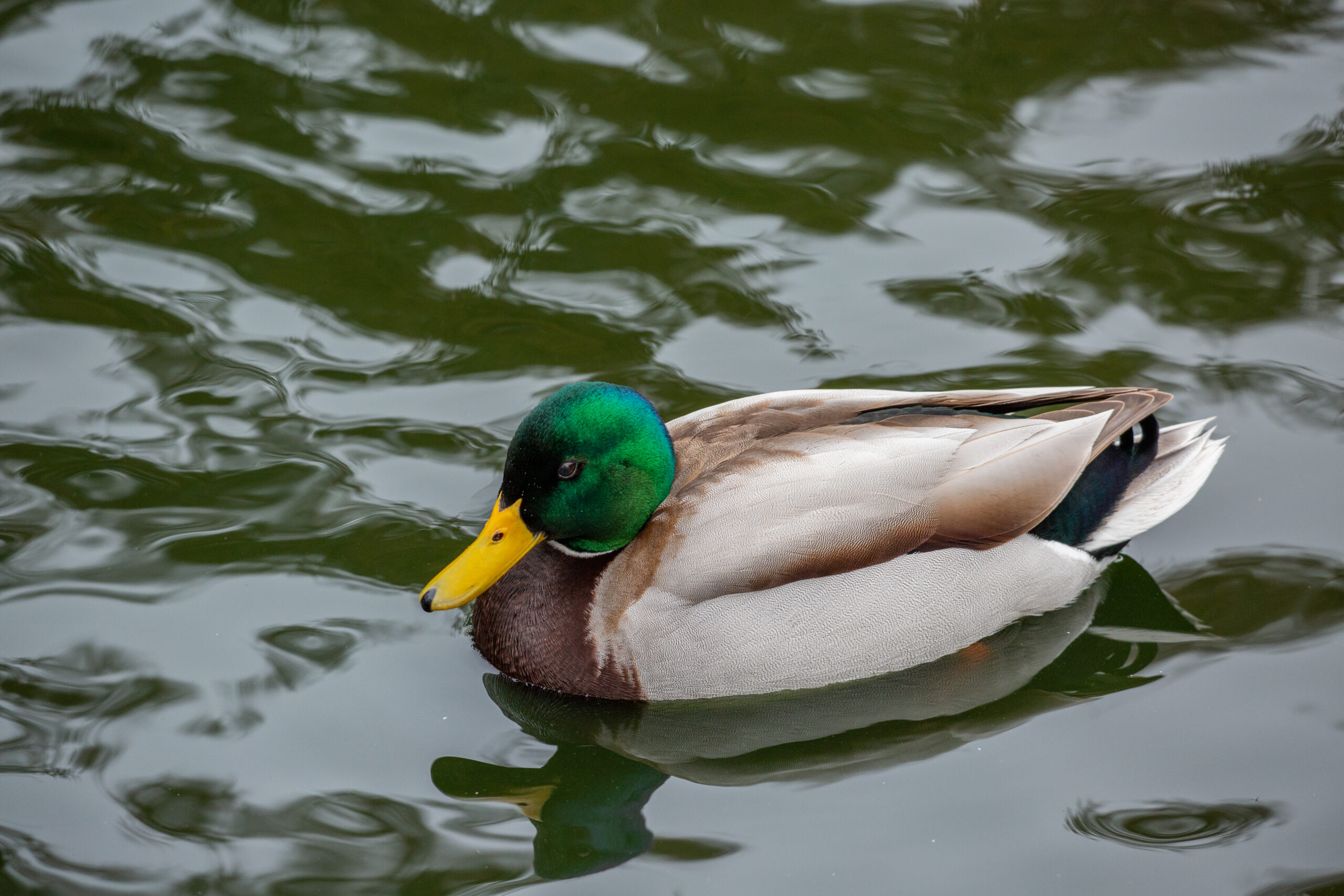
Customised conservation management
Applying nature management on a system at the incorrect scale or in a suboptimal manner can lead to nature diversity and quality loss, as mismatches can easily arise between the requirements of animals and habitat conditions. We apply customised conservation measures, considering both details (nests, specific plants) and large-scale applications, to create and maintain high-quality nature systems, rich in biodiversity. These measures range from regulated grazing in heath and grasslands to custom mowing and counteracting shrub encroachment in open landscapes. Moreover, we advise and educate nature management organisations and local governments about this approach.
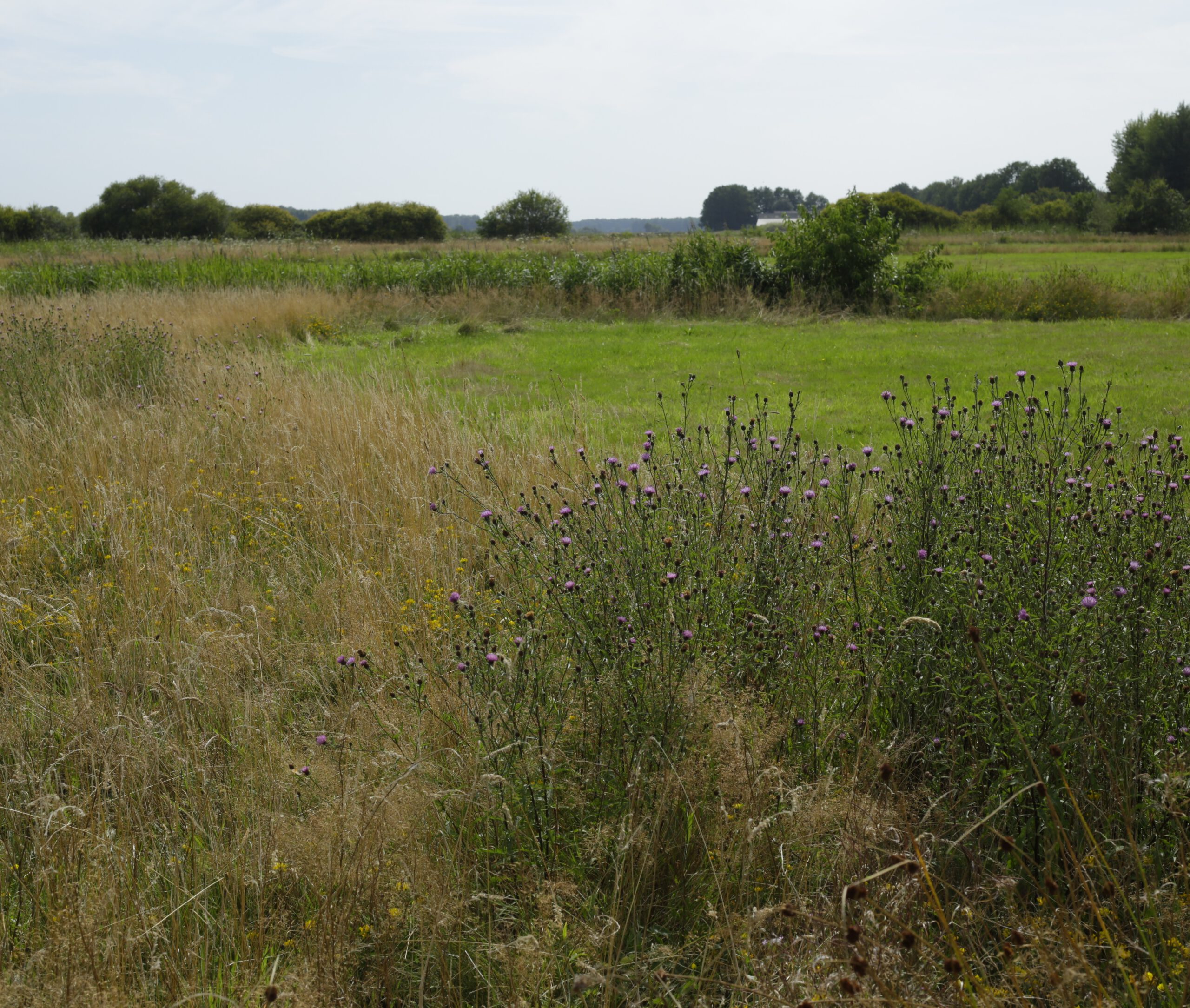
People protect what they love, love what they understand and understand what they are taught (Baba Dioum, 1968)
Soil acidification
In western Europe (as in other industrialized areas) forests have become increasingly acidic due to deposition of sulphuric acid and nitrogen (NOx, NHy). We found that some songbird species cannot adapt to such conditions as they use snails, which cannot live in too acidic soils, as a single source of calcium for their eggs and young. Consequently, poor quality eggs are produced and chicks break their legs as nestlings (read more). We proposed restoration measures to be taken, which were carried out in November 2020, centred upon forest liming with sea shells. We aim for additional similar projects. To understand the effects of soil acidification (and nitrogen deposition) on ecosystem functioning and biodiversity, we study naturally acidic forests in France lacking a history of air pollution.
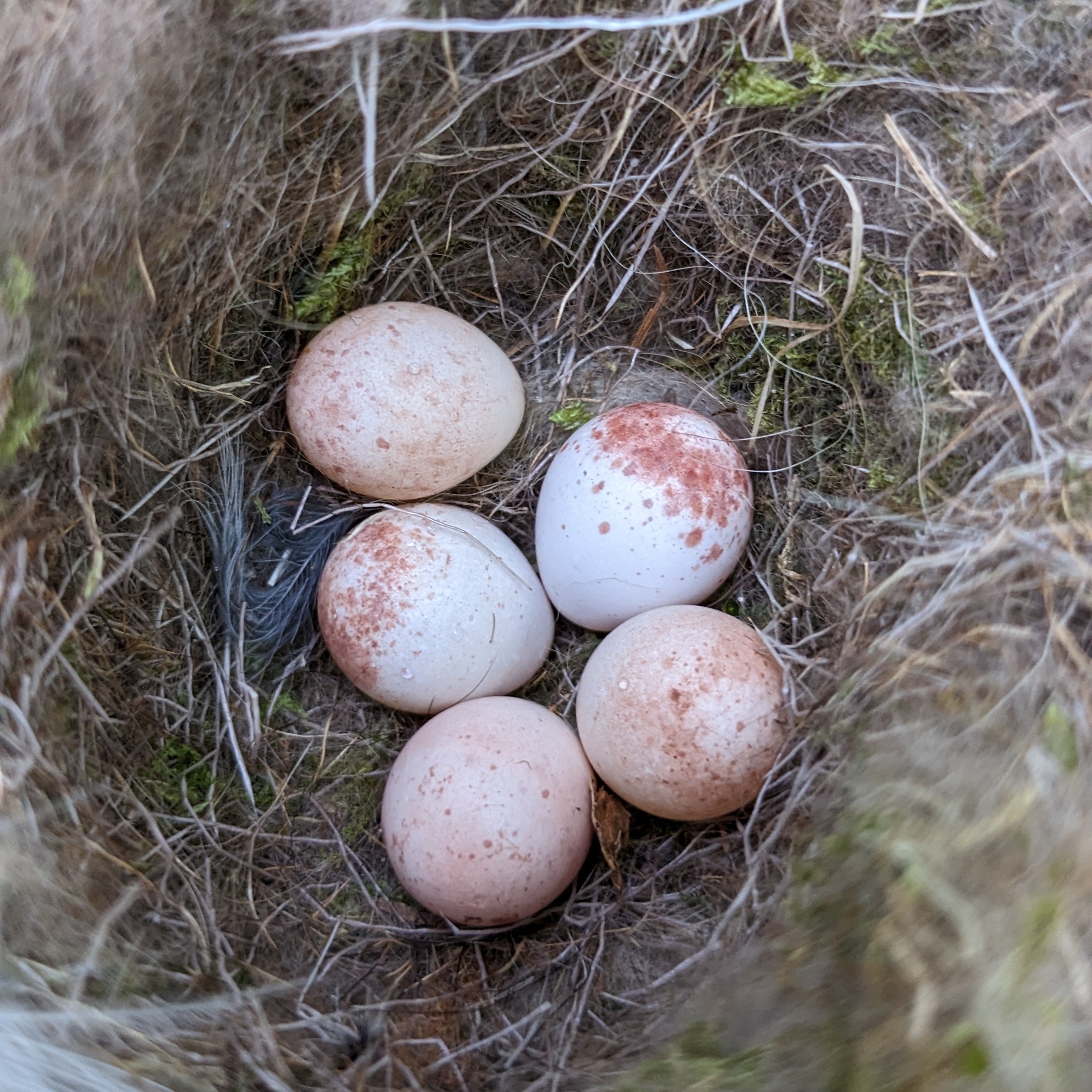
Nitrogen deposition
Nitrogen deposition does not only affect vegetation composition, but also has carry-over effects to fauna, up to the top of the food chain. Excess nitrogen alters nitrogen metabolism in plants, resulting in inadequate amounts of amino acids to become available in the food chain. This causes birds to fail in egg production, and embryos to die. Birds of prey are susceptible to such problems, but owls are not, because of differences in their digestive systems and energetics (more about it here). To remedy the situation, nitrogen deposition has to be drastically lowered and soil quality has to be restored. We help environmentalist groups with scientific backing of detrimental effects of even more nitrogen being deposited on nature conservation areas (Natura2000). We also seek ways to restore soil quality from nitrogen overdose and perform small-scale experiments to this effect.
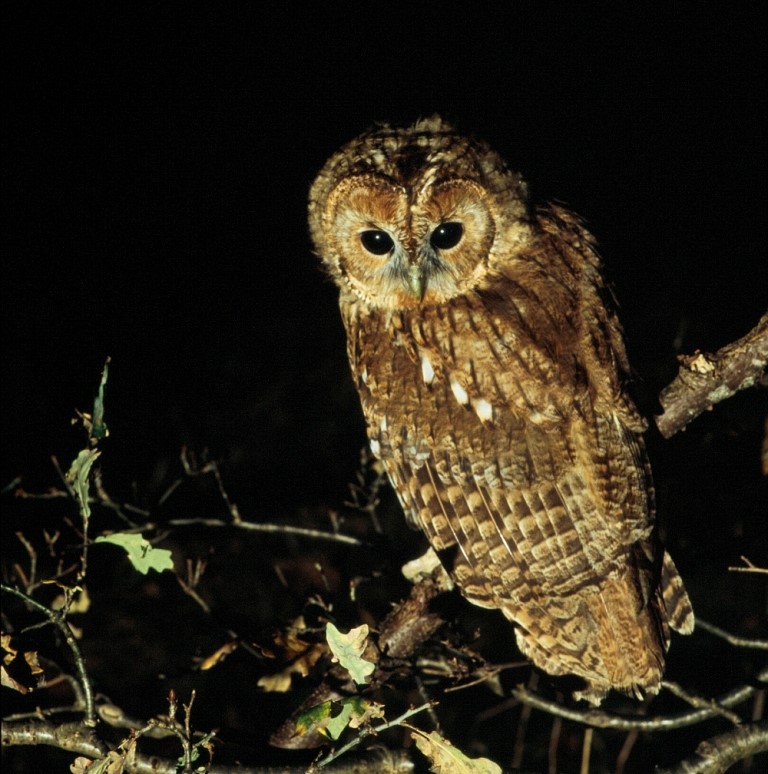
Towards sustainable agriculture
Many environmental problems arise from intensive agriculture, such as nitrogen deposition, pesticide use, drought, and destruction of habitat. In the Netherlands, agriculture is extremely intensive, causing all of these problem simultaneously. We are involved in shaping the process towards a more sustainable agriculture at a local level, but aim to also contribute at a national and international level. As such, agricultural practice has to be reconnected with the demands and possibilities of species which are traditionally part of – and relying upon – the Dutch agricultural landscape.
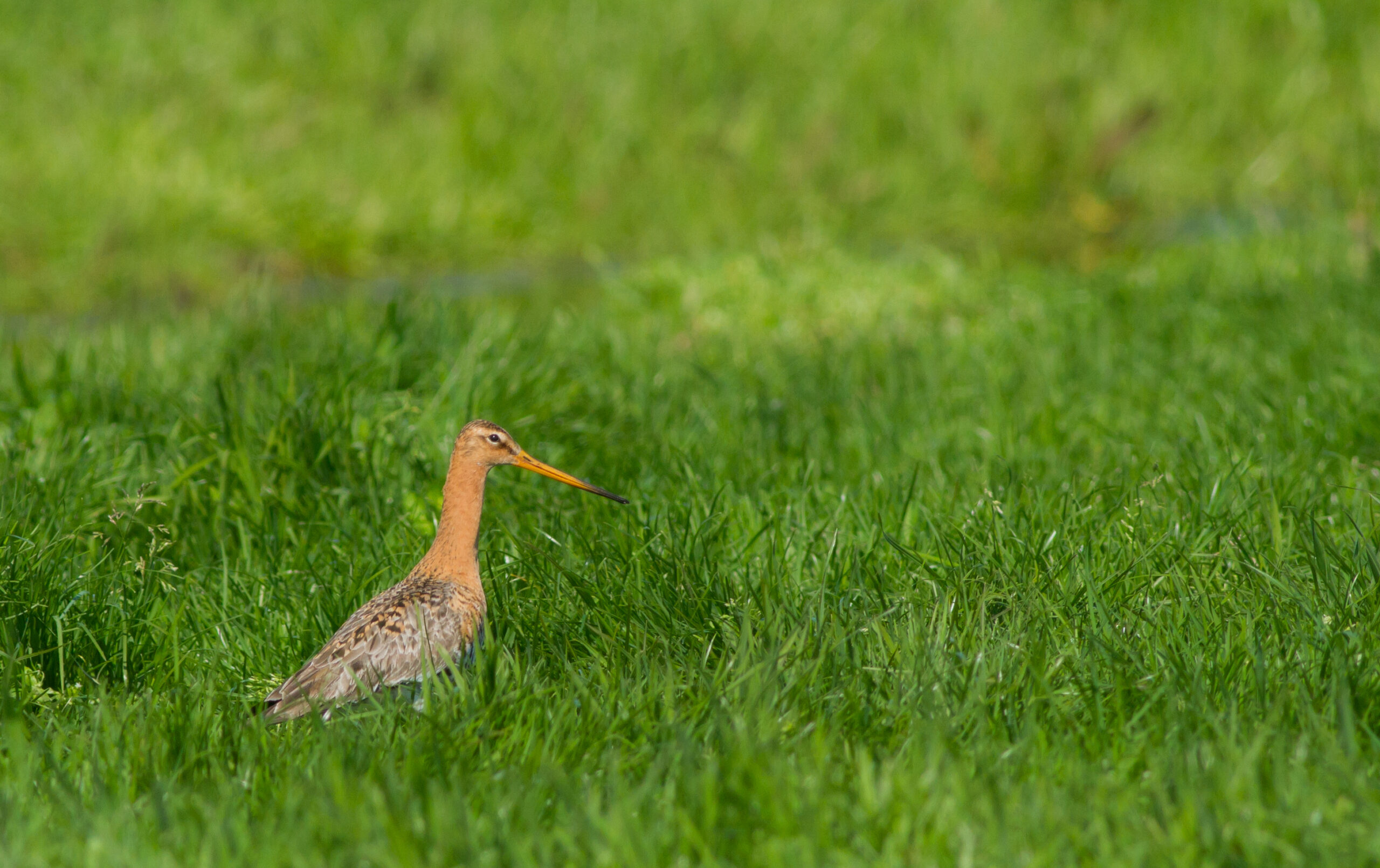
Dwindling insect numbers
Alarming reports have been published about the reduction of insect numbers, especially in areas with intensive agriculture. So far, it is not yet clear what the consequences are of these observations. We study bats, as they are obligate insectivores, up to the moment they start their hibernation. This means that they have to gain sufficient body reserves during the autumn, when insect numbers also strongly decreased. We observe many bats that struggle to do so and which will most likely not survive the winter. Ecological restoration efforts as given above will contribute to restore insect numbers, but we also aim to stimulate more open water (ground water tables have dropped due to water management focused on the needs of industry, households and farming instead of ecological needs) as these provide good numbers of insects.
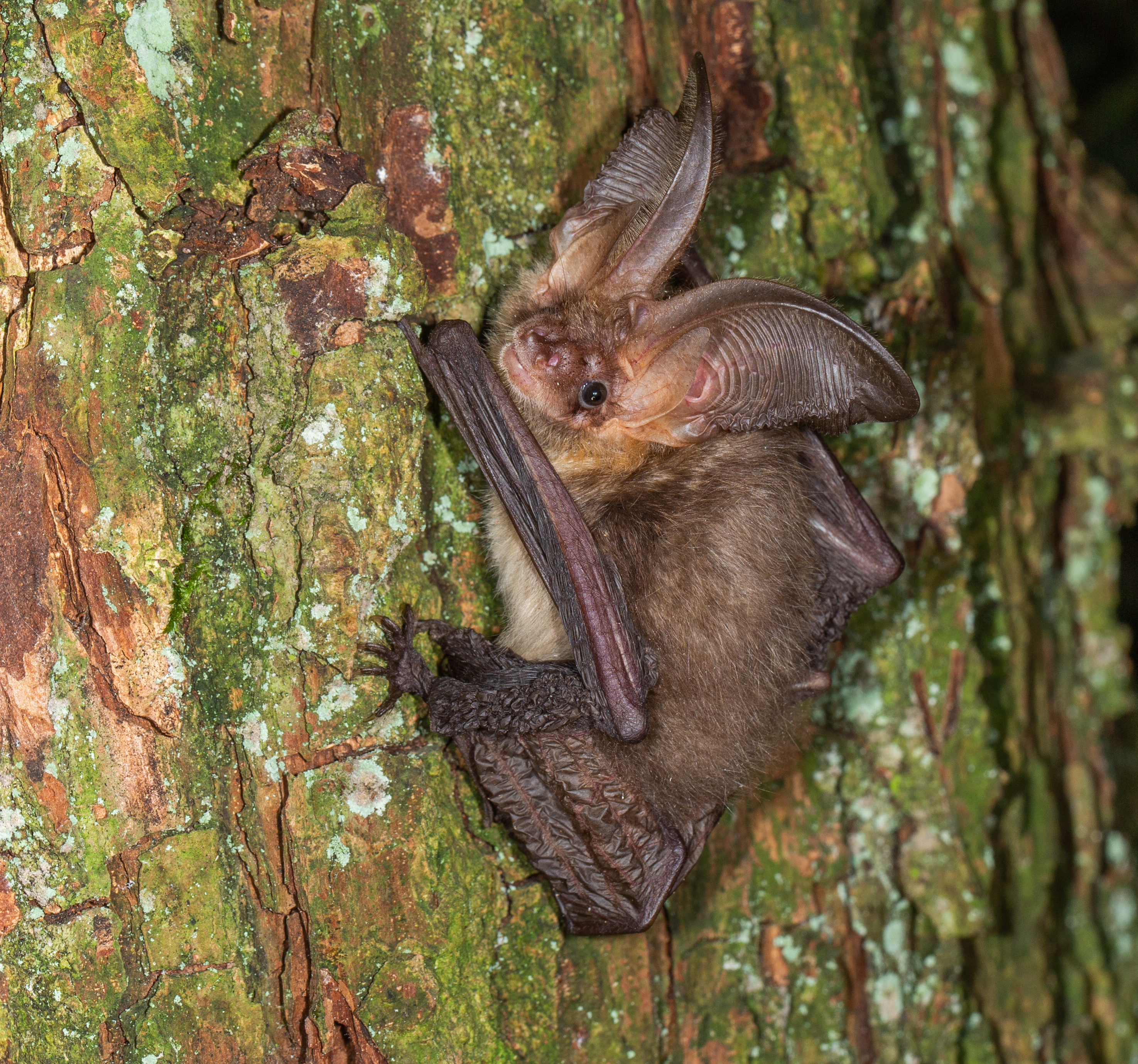
Electromagnetic radiation
Nowadays, electromagnetic radiation (EMR) is virtually everywhere as it is a prerequisite for our mobile devices. It is however questionable if the wildlife suffers from radiation exposure. Based on concerns of foresters, we have taken on a pilot study towards the effects of EMR on bats and songbirds. Preliminary results suggest that effects are minimal, if any.
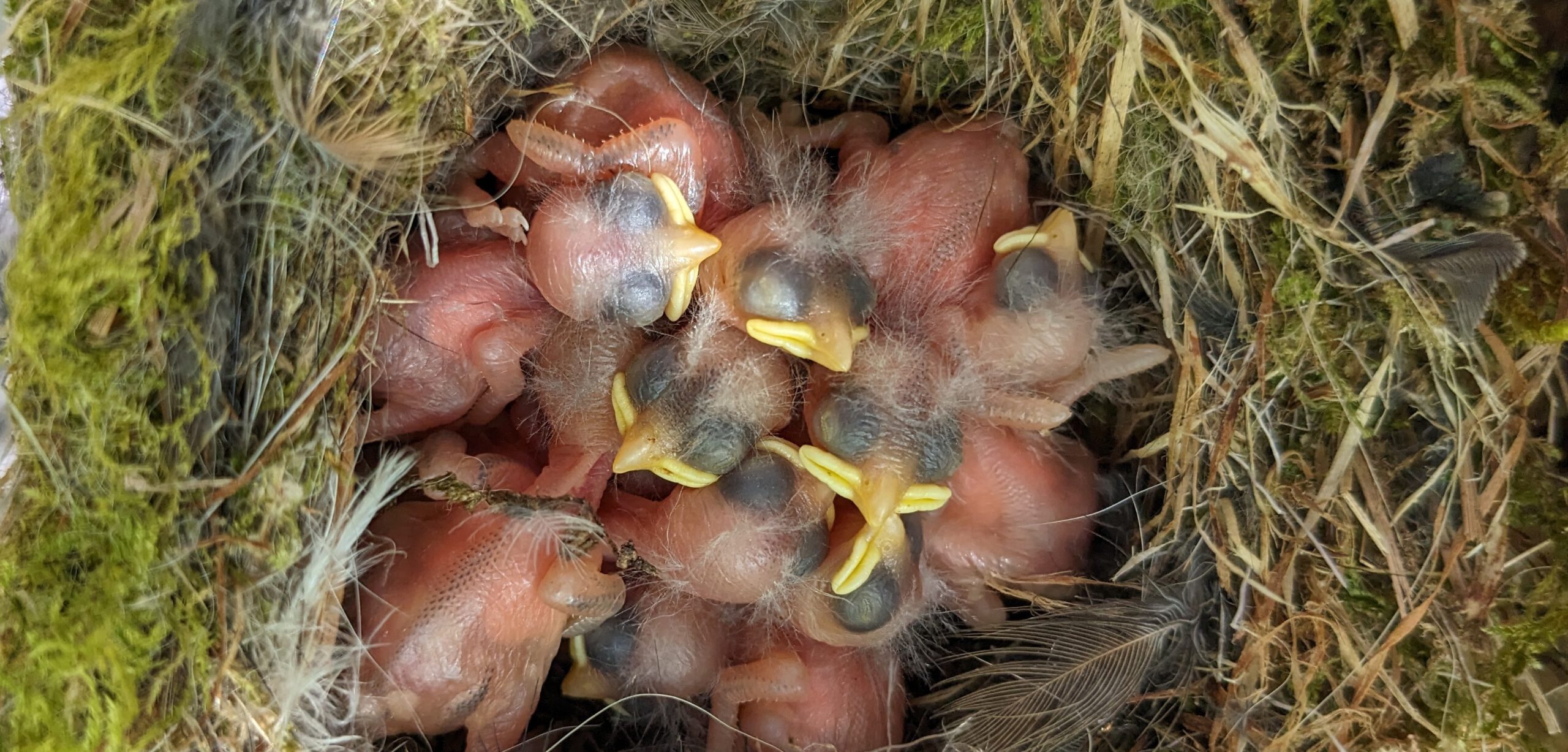
Education
- Workshops & seminars
- Live dissections & live streaming
- Educating guides & making educational materials
- Running the museum website for everyone to visit
…and seeking possibilities for a museum in the physical world!
We are always open to collaborations, studies or projects that support nature conservation. Please contact us for the possibilities.

